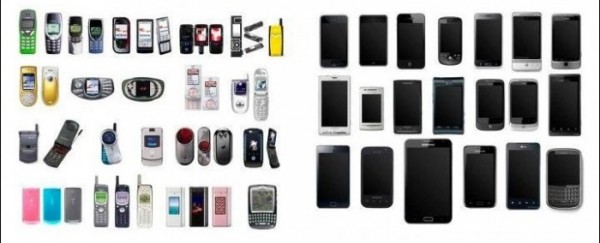I’ve been ranting on for a while (see here and here, for example) against the cant being talked by our politicians about Western involvement in Afghanistan. I cannot fathom why any sentient being could believe what they are telling us about what’s happening on that North West Frontier. The New Yorker‘s Dexter Filkin has been exceedingly perceptive about this for as long as I can remember. His latest piece continues that honourable tradition.
We can’t win the war in Afghanistan, so what do we do? We’ll train the Afghans to do it for us, then claim victory and head for the exits.
But what happens if we can’t train the Afghans?
We’re about to find out. It’s difficult to overstate just how calamitous the decision, announced Tuesday, to suspend most joint combat patrols between Afghan soldiers and their American and NATO mentors is. Preparing the Afghan Army and police to fight without us is the foundation of the Obama Administration’s strategy to withdraw most American forces—and have them stop fighting entirely—by the end of 2014. It’s our ticket home. As I outlined in a piece earlier this year, President Obama’s strategy amounts to an enormous gamble, and one that hasn’t, so far, shown a lot of promise. That makes this latest move all the more disastrous. We’re running out of time.
Nope. We have run out of time. But even if we had a century it wouldn’t have worked.

